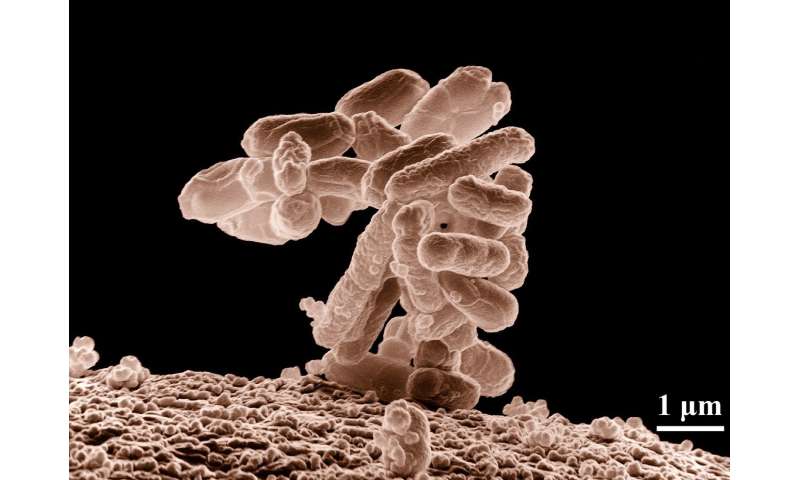
Within the womb, a human fetus benefits from the protection of the placenta, limiting their contact with pathogens. However, once born, babies face a myriad of germs completely new to their bodies. Their immune system must rapidly develop to ensure early protection from infection. But what is exactly the dynamic of the immune system development in the first days of life?
To answer this question researchers from the Precision Vaccines Program at Boston Children’s Hospital received funding from the Human Immunology Project Consortium (HIPC)/National Institute of Allergy and Infectious Diseases (NIAID) to study the timing of activation of different components of the immune system during the first week of life. For the first time, they observe an acute immune response starting right after the birth, followed by the progressive increase in key factors of innate immunity.
“Our study has revealed the developmental changes of the immune system during the defining first 7 days of life, in two independent cohorts. Furthermore, we provide insights into the development of the immune system which appears to be initiated by immunological triggers associated with birth” says Dr. Hanno Steen lead author of the study published in the open-access journal Frontiers in Immunology.
The researchers studied the inventory of proteins present in newborn blood plasma, in two independent cohorts in The Gambia (West Africa) and in Papua New Guinea (PNG), at birth and after the first, third, and seventh day of life. This approach enabled them to follow, with high sensitivity, the dynamic of immune components in the blood across the first week of human life.
Firstly, the team observes, right after birth, an increase of plasma proteins involved in an acute inflammatory response, suggesting an activation of the immune system development. This is followed by an increase of components related to an innate immunity pathway called the complement system, starting as early as 24h after birth. The complement pathway has a major role in innate immunity, through the recruitment of several complexes of proteins (C1 to C9) it can induce direct destruction of pathogens. Furthermore, as the majority of the complement proteins are increasing concentrations of complement inhibitors is decreasing, until a new increase on day seven. Finally, the analysis also reveals that antibodies transmitted by the mother are declining rapidly over the first week of life while antibodies related to the complement pathway activation (IgM and IgG1) increase. Altogether, these results suggest that the complement pathway could have a central role in neonatal immunity and could be an important defense mechanism against pathogens in infancy.
Source: Read Full Article